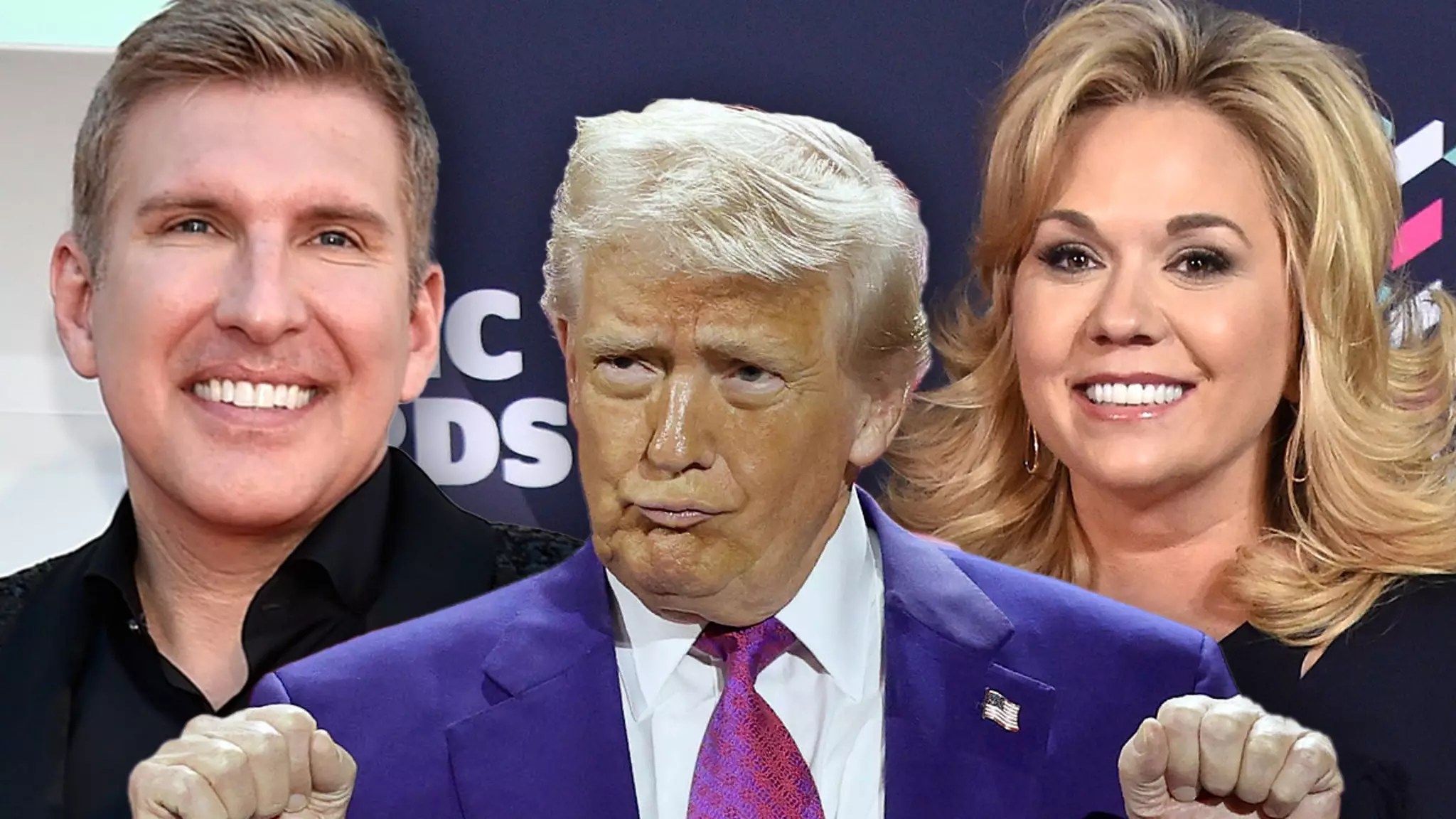In a surprising turn of events, former President Donald Trump granted full pardons to Todd and Julie Chrisley, the reality television couple previously convicted of financial crimes. This decision raises significant questions not just about the legal system, but about the broader implications of political favoritism and its intersection with celebrity culture. The Chrisleys had been serving hefty sentences—12 years for Todd and 7 years for Julie—when their daughter Savannah announced the pardon was granted, underscoring a political landscape where justice seems tangible yet questionable.
The Impact of Celebrity on Justice
One cannot overlook the role of the Chrisleys’ celebrity status in this pardon process. When politics meets fame, the outcomes often become influenced by public perception and popularity. Savannah Chrisley’s vocal support for her parents throughout their legal ordeal highlights the media’s potential to sway public opinion and, by extension, political decisions. During her poignant address at the Republican National Convention, she claimed that her family was targeted due to their conservative values, an assertion that raises eyebrows about whether judicial decisions are immune to political bias.
When the judicial system operates within such murky waters, it becomes increasingly difficult to discern whether verdicts are based solely on legal merits or if they are influenced by the public persona of individuals. The Chrisleys’ case illustrates the perilous intersection of fame, finance, and constitutional rights, thereby inviting scrutiny into what constitutes a fair trial in the eyes of the public.
The Allegations of Political Bias
The Chrisleys’ lawyer, Alex Little, emphasized the notion of politicization in their prosecution, claiming it was tainted by constitutional violations and bias. Such allegations highlight serious concerns regarding how the legal system treats individuals who possess political connections or are embroiled in public controversies. In a nation where the rule of law should reign supreme, the idea that certain individuals could receive preferential treatment over others undermines the integrity of the justice system.
Additionally, these claims resonate with a growing sentiment among various political factions that the scales of justice are not evenly balanced. Savannah’s articulate defense of her parents suggests that the Chrisleys have become symbols of a wider narrative: are public figures easier targets for prosecution, driven by personal beliefs, rather than the actual merits of criminal activity?
A New Paradigm of Justice
As Todd and Julie Chrisley prepare for their release, this event marks not just a personal victory for their family, but also a reflective moment for the U.S. justice system. The application of pardon powers—intentions and implications behind such decisions—needs to be critically examined. Judicial resilience must be championed over popular sentiment; preserving the integrity of the legal system must take precedence.
While the Chrisleys may view their pardons as an outcome of justice restored, it serves as a cautionary tale about the complexities surrounding legal frameworks when entwined with political ideologies and public perception. As discussions surrounding this case gain momentum, one can only hope that fairness within the judicial system prevails, irrespective of fame, power, or political affiliation.







Leave a Reply